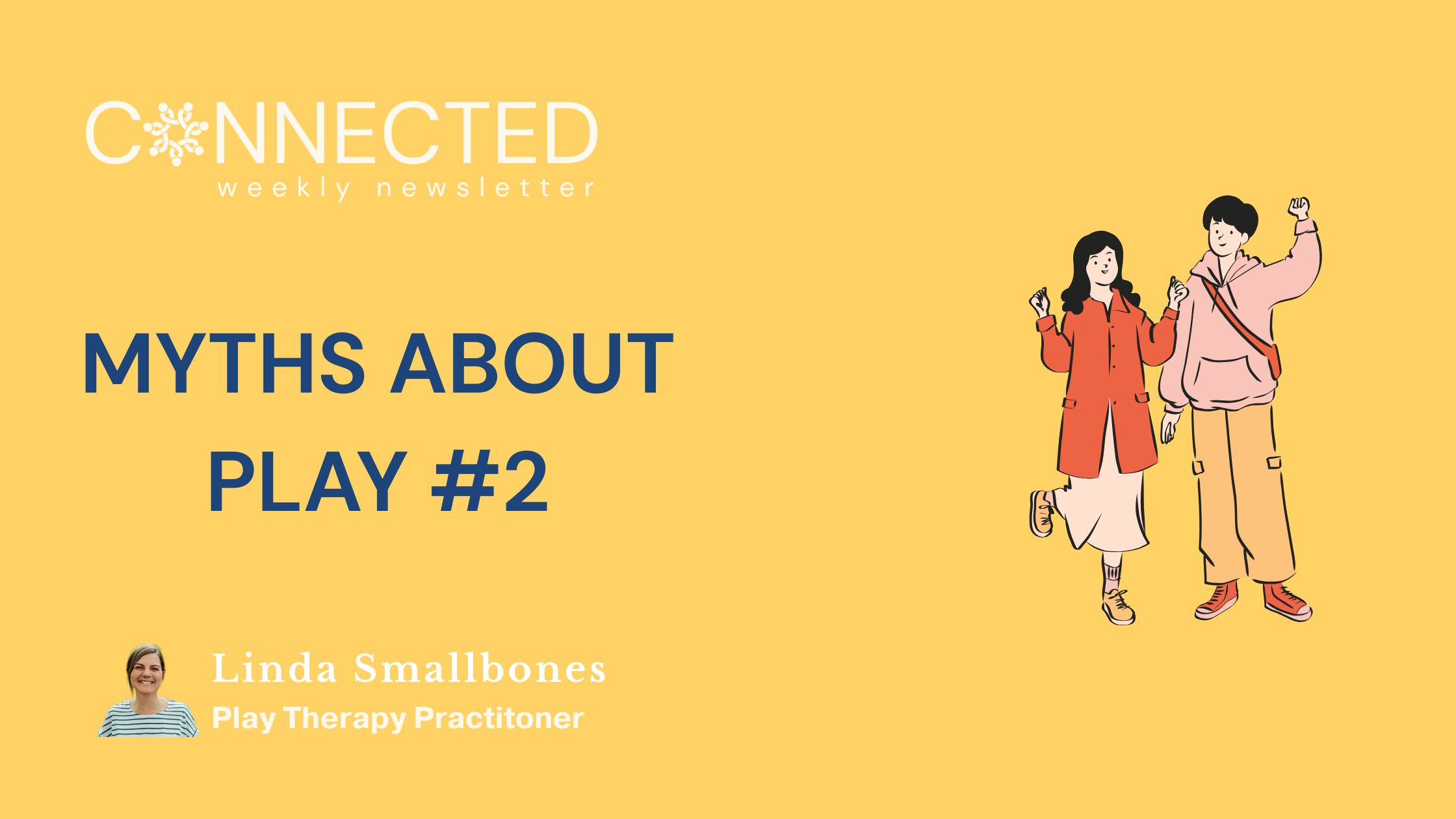Myths about Play #2
In April I am looking at some myths around play, and what ̶e̶x̶p̶e̶r̶t̶s̶ ̶a̶n̶d̶ ̶r̶e̶s̶e̶a̶r̶c̶h̶ experience can tell us about play instead.

In April I am looking at some myths around play, and what ̶e̶x̶p̶e̶r̶t̶s̶ ̶a̶n̶d̶ ̶r̶e̶s̶e̶a̶r̶c̶h̶ experience can tell us about play instead.
Myth #2 Play is for little kids.
Says who, actually? Really, who told us this?
I started to look up research on this topic and I discovered (again) that the "experts" themselves can't fully agree on a definition of play, and that actually the topic of play research has become very serious. (And it is, play is seriously important, but for the purposes of this article I decided to rely on personal experience instead of trying to find empirical evidence for everything. If that's OK by you?)
Here is what I have learned. When you give people the opportunity to play, they do. Play, playfulness, joy and laughter are desired and sought out by all of us, regardless of age. It looks different at different ages, for sure, but we all want fun in our lives.

People do need to feel a sense of safety and security in order to play. I previously worked at dlalanathi, an NGO using play in communities with people of all ages. Even adults living in adverse conditions for whom life is a daily struggle, will play when they encounter a space that gives "permission" for them to step away from stress for a moment. We would build relationships and create emotional safety in small groups, and play would happen through intentionally playful processes.
While we are serious beings, problem solvers wanting to make sense of the world, we are also playful beings wanting to let go of our problems for a moment in time.
Deb Dana in Polyvagal Exercises for Safety and Connection. (2020)
People need to give themselves freedom and permission to play and be playful. Adolescents, who are moving away from the completely spontaneous play of younger childhood, love to lose their inhibitions and just play for the pleasure of play.
My daughter had her 14th birthday party in the holidays and the play a group of teenagers between 13 and 16 engaged in together was lovely to see. It got messy and it got loud in all of the best ways. They were muddy and dirty and full of laughter and giggles- delightful!

I have just spent two days training a small group of young adults in basic counselling skills and yes, we played! These twenty-somethings, and I along with them, loved the laughter-inducing, shared joy experience of playing a game. It was great fun. Games are a way to fast-track a shared experience and when this is paired with joy, it creates a pleasurable memory and bond.
I remember an elderly friend of my mom's from decades ago, whom we took to a concert one day in autumn. I remember it was autumn because I remember she stepped off the pavement into the autumn leaves and stomped on them and kicked some in the air and generally had fun at her ripe old age of 80 something! She modelled for me that play is for play's sake and has no end goal or purpose.
My husband is one of the funniest people I know, and it's not only me who thinks that. People want to hang out with him because he has a unique view on the world and he makes people laugh. People gravitate to those who make them laugh, because we know we need to.

Play is not only for little kids.
The End.